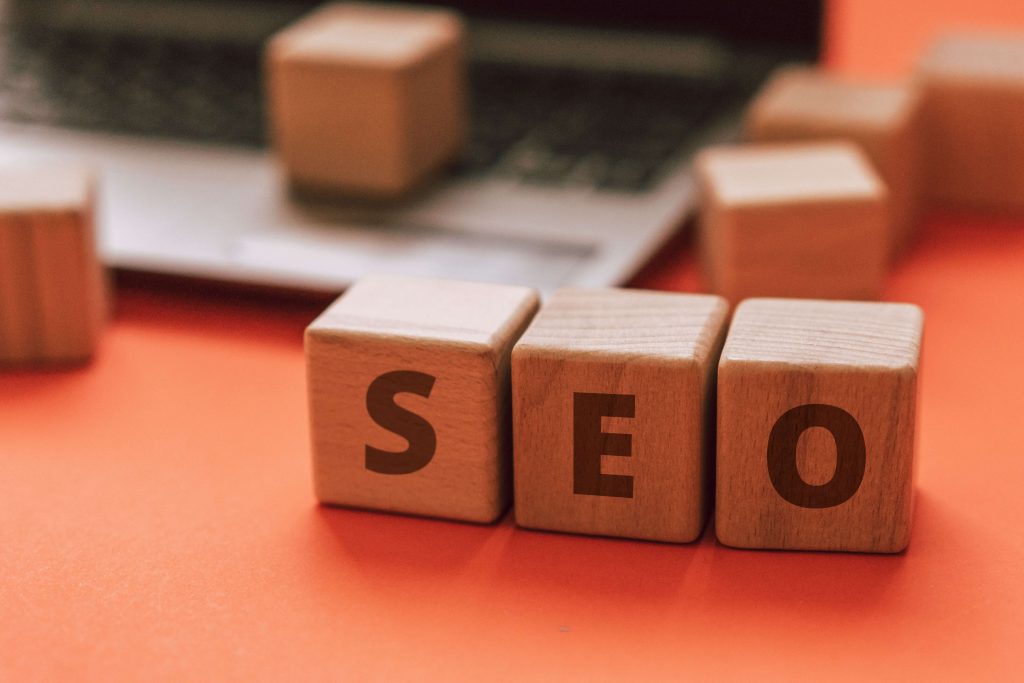
Website SEO: What is it and Who Needs It
If you have a website, you need proper SEO optimization, especially if you are engaged in e-commerce or provide various services such as entertainment activities. SEO (Search Engine Optimization) is a way for a website to rank higher in an organic Google search. This means getting on the first search pages.
Most users do not check all the search results, usually only the first three pages are viewed. It is not uncommon for a website to easily get lost in such a large flow of search results, so SEO is exactly what helps it get on the first pages without paying for advertising. In short, if you want your website to be visible, go for SEO services. Adveits offers internal SEO, external SEO, website structure planning, keyword analysis and selection, existing SEO analysis, and competitor analysis.
Why is a website optimized specifically for the Google search engine? Although there are more search engines in the world, Google is the most popular, according to various data. Therefore, all optimization is dedicated to it. However, keep in mind that Google ranks websites and their content based on uniqueness, usability, interest, usefulness, and other criteria, so sample texts full of keywords do not suite
Types of SEO
Keywords are an integral part of SEO. Based on them, website content, meta descriptions, and other SEO elements are created. SEO can be divided into four types which are:
- Internal (on-site) SEO. This is the content on the website. If a website has unique content that is seen as interesting and useful, it will be ranked higher. Some say that internal SEO is the most important part. Examples of internal SEO include product or service descriptions, meta descriptions, and a blog. The length of SEO texts depends on the length of competitors’ texts, so it varies from area to area. It is very important that the content unit has only one main H1 heading;
- External (off-site) SEO. This is the creation of content that is not on the website. External SEO articles have links to a specific website, which can be hidden under a keyword or simply embedded in the text with the full link. One text is written for one keyword. External SEO texts are hosted in SEO directories or other news portals. Such texts with links to your website let the search engine understand that your website is reliable;
- Technical SEO. Technical optimization of the website should also be taken care of. This means that its structure must be properly planned, and it should be convenient for the user to navigate the website. Technical SEO also includes work such as improving website loading speed, mobile adaptation, bug fixing, and more;
- Local SEO. If you have a physical address, you should make sure that it is visible on the website, preferably with a map. In this way, a user looking for products or services in a certain area will be able to find you more easily. For example, if your address is close to the user’s location and the user is looking for services like yours, Google will rank your website higher.
Benefits of SEO
SEO has many benefits and all types are equally important. For example, no matter how good your internal SEO is, a website will drop in search engine rankings if its loading speed is slow. The main benefits of SEO, in addition to higher rankings, are:
- SEO is a long-term solution. Although it takes time to see SEO results, usually 4-6 months, this is a long-term solution. Even after the termination of cooperation with the SEO specialist, the results remain until you are naturally overtaken by your competitors;
- SEO results can be more reliable. SEO is for organic search, so in any case, organic search results will be lower than Google Ads results. However, some people do not trust ads and specifically skip non-organic search results because they may not match the information they are looking for;
- SEO helps a website to become visible. A website will not be visible by itself, especially if you have many competitors. SEO helps you attract traffic and gain credibility;
- SEO clicks cost nothing. Google pay-per-click advertising costs money, which means you pay for a user to click on your link. In the case of SEO, only SEO services are paid, not clicks.
